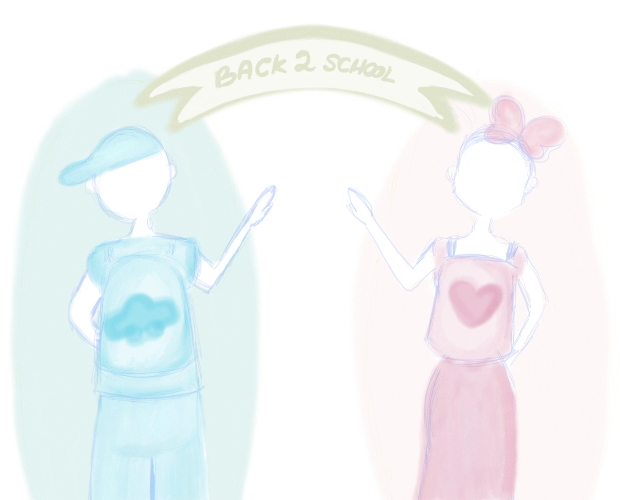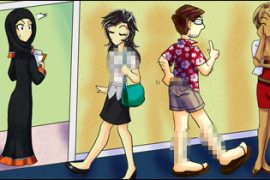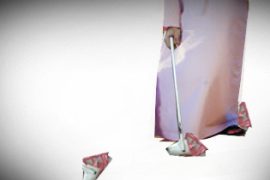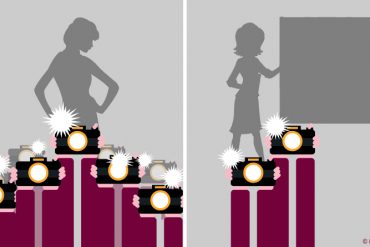The media continues to push the blue and pink agenda towards children who are easily influenced into following stereotypes.

It’s the annual back to school season, and this year my children are starting kindergarten, which means we are now joining other parents in shopping for school bags and accessories. I took my children along so they could make their own choice, and perhaps not surprisingly, my daughter chose a pink Disney princess themed schoolbag, and my son chose a blue Avengers themed bag. I tried to look for other alternatives to share with them so that they don’t just follow the stereotype. As I looked around, I noticed how limited the options are, especially when it came to color and style. For my daughter, pink stood out in every product, with perhaps, the only other option being purple. The boys section is not too far off with pushing the color blue and focusing on the stereotypical theme of cars and superheroes.
As my children are growing up, I’d like them to explore their preferences and create their own identities, and not just follow the herd. However, as they are exposed to mass media and the general public, it appears it is not very easy to find your own “style”. Having boy-girl twins meant that our household was not limited to gender-specific toys or colors; they had to share everything. We were also very strict in limiting their exposure to TV or tablets for at least the first three years of their lives. As I observed them in their play time and as they developed their likes and dislikes, I noticed that at some point, they started deviating into specific behavioral patterns. Despite the limited exposure to any form of media during those early years, my son developed a love for wheels, and my daughter took on the role of caretaker and a homemaker. I, therefore, believe that these are traits that are inherent and we are all wired up a certain way from birth.
I believe it is important to treat our children equally and allow them to explore their surroundings and develop into who they want to be. Should they genuinely carry the typical masculine and feminine traits, then that is all well and good. However, the “back to school” shopping spree was also an eye-opening experience as I got to see just how much is being fed to us without us realizing. It has become a norm for little girls to idolize princesses and boys to superheroes. Therefore, it is important to be able to distinguish between a child’s inherent traits and the external factors that are influencing them.
Another example is my nephew who enjoys playing “kitchen” when he comes over to our house. However, when we wanted to get him his own playset, we noticed how difficult it was to find one that is gender neutral that a boy could also play with. Most of the kitchen play sets in the market are either pink or are adorned with Barbie or Hello Kitty. With such limited options available, this will naturally drive children towards the gender segregated toys that are being marketed to them.
It is important to have toys and school accessories in a wide variety of colors and themes that children can identify with. Parents and schools can play a major part in ensuring that children are exposed to different options, but retail sectors, both private and government, also need to be wary of this and set an example. They need to collaborate to ensure that nongender specific items are also being pushed in the market, and not just endorse the traditional stereotype. Without this support and with this current bombardment of pink and blue colors that we are perhaps all guilty of feeding into, it is inevitable that this trend will continue, and our children will only grow in these narrow and defined roles created for them.



